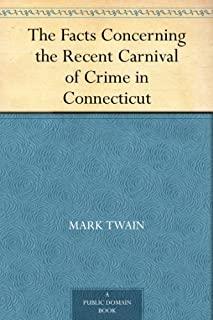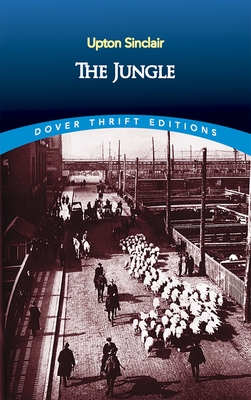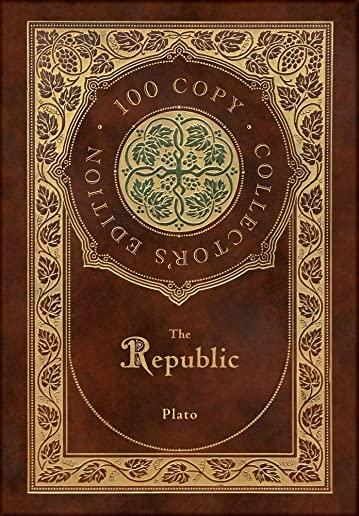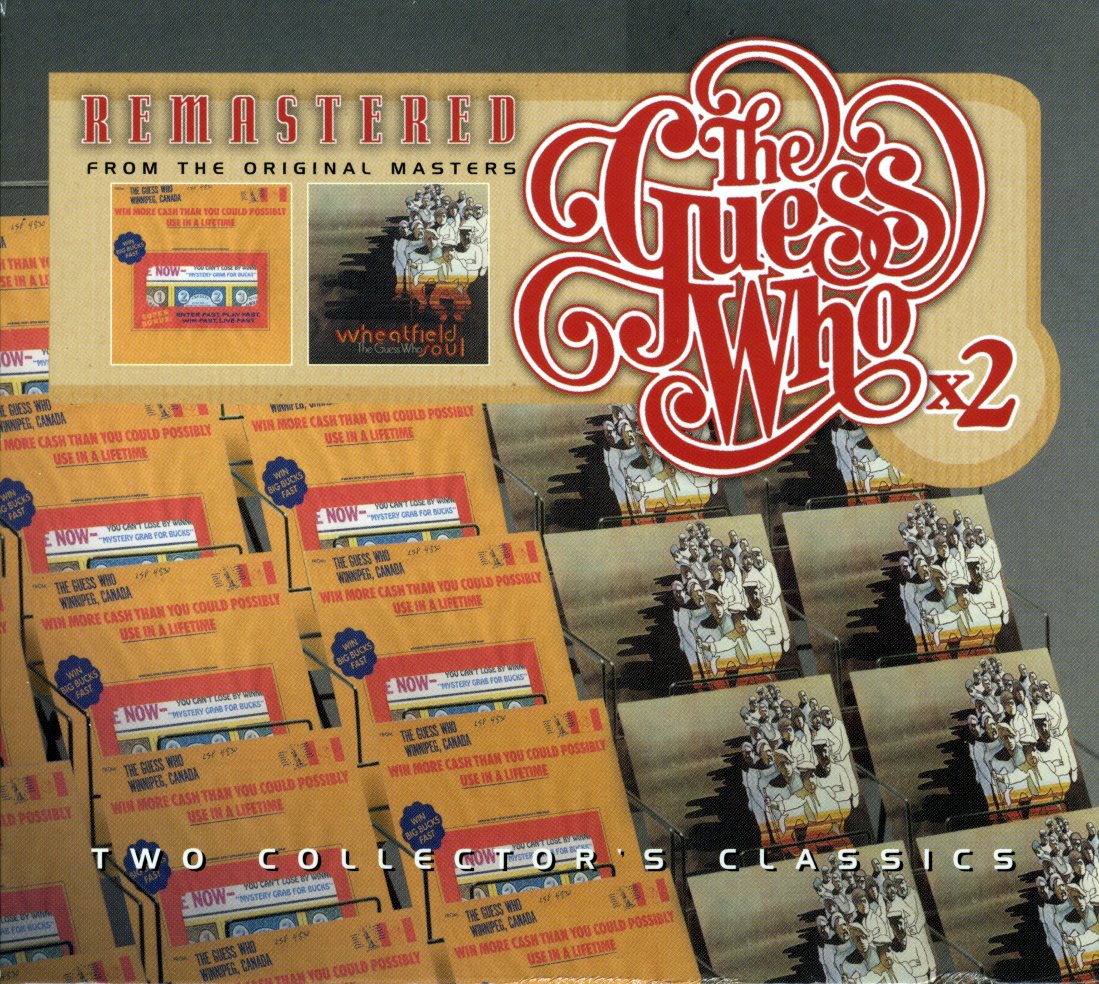
description
nd there was no one of whom he could ask a question. After the sudden death of his wife, two years after he has left office as Prime Minister, the Duke of Omnium must
become deeply involved with his children for the first time. They vex him enormously: with school expulsions,
vast gambling debts, and what he considers to be calamitous romantic attachments. He tries to compel them to
do what he wants, but they are not so easy to manage. Even when his eldest child and heir, Lord Silverbridge, makes him proud by embarking upon a political career, the
Duke grapples with heartache. For Silverbridge becomes a Conservative rather than a Liberal, flouting the family
tradition. The relationship between father and son is drawn with remarkable subtlety, and the book as a whole
becomes a piercing, yet often humorous, exploration of change: how both the young and the old resist, tolerate,
or embrace it. Trollope cut roughly 65,000 words, at a vulnerable moment in his career, to get the novel published, but
concluded rapidly that he had made a grievous error. After a painstaking reconstruction by a team of
researchers, The Duke's Children, the final book in Trollope's famed Palliser series, can now be read the way he first intended. It is a masterpiece of Victorian fiction.
become deeply involved with his children for the first time. They vex him enormously: with school expulsions,
vast gambling debts, and what he considers to be calamitous romantic attachments. He tries to compel them to
do what he wants, but they are not so easy to manage. Even when his eldest child and heir, Lord Silverbridge, makes him proud by embarking upon a political career, the
Duke grapples with heartache. For Silverbridge becomes a Conservative rather than a Liberal, flouting the family
tradition. The relationship between father and son is drawn with remarkable subtlety, and the book as a whole
becomes a piercing, yet often humorous, exploration of change: how both the young and the old resist, tolerate,
or embrace it. Trollope cut roughly 65,000 words, at a vulnerable moment in his career, to get the novel published, but
concluded rapidly that he had made a grievous error. After a painstaking reconstruction by a team of
researchers, The Duke's Children, the final book in Trollope's famed Palliser series, can now be read the way he first intended. It is a masterpiece of Victorian fiction.
member goods
No member items were found under this heading.
Return Policy
All sales are final
Shipping
No special shipping considerations available.
Shipping fees determined at checkout.







